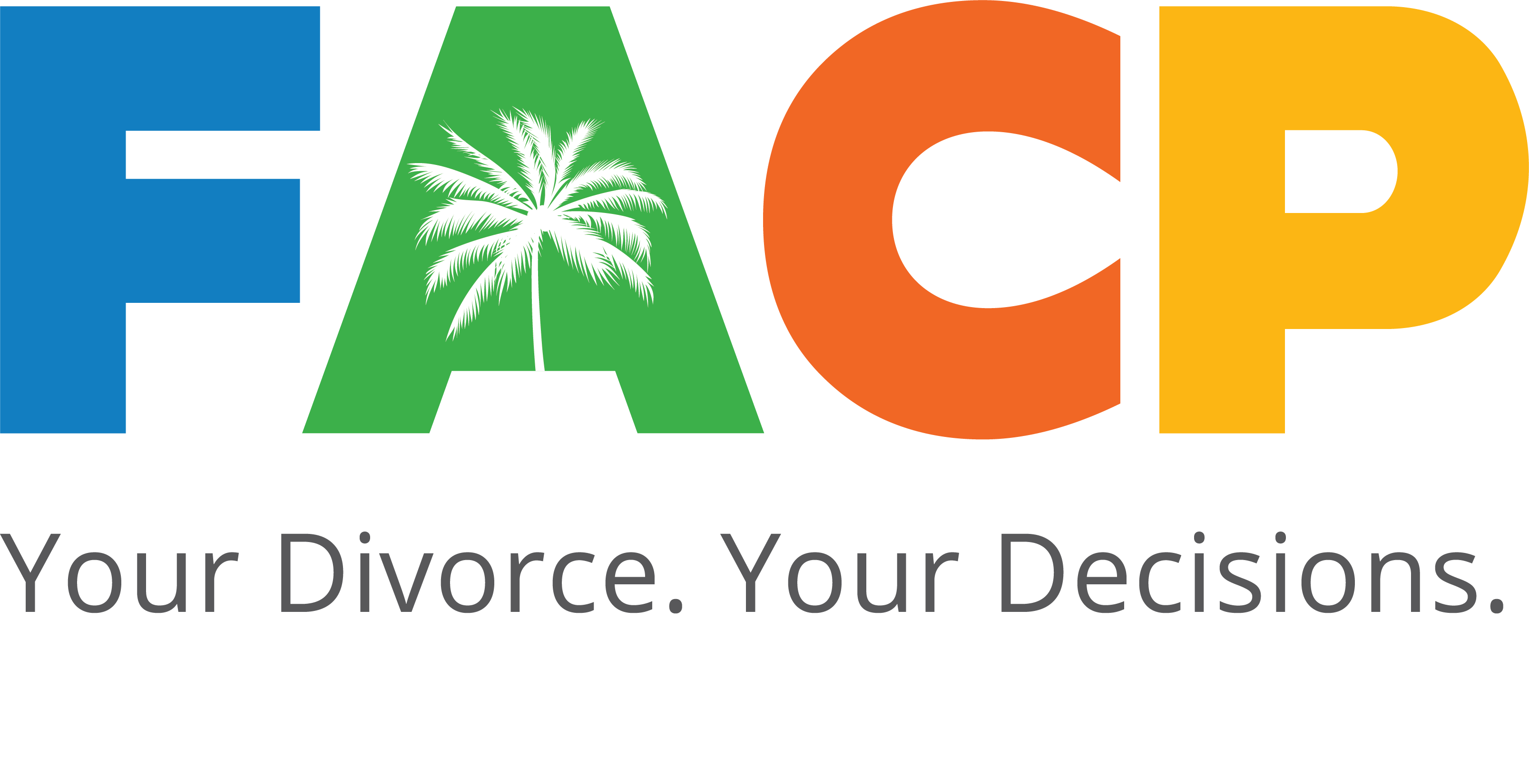When I advise clients about the Collaborative process as an option for their divorce, I sometimes encounter a firm response like: “My spouse and I definitely do not need a counselor for our divorce!” If you find yourself asserting this same position, please take it from someone who has represented clients in hundreds of divorces over twenty years: you do.

For most of my career, I was a family law litigator, vigorously and zealously representing my clients at hearings and mediations on a weekly, if not daily, basis. Early on I thought that mediation was something like what I saw on TV, where the spouses, the mediator, and both attorneys would all be negotiating together in the same room. When I first tried mediating like this, anything but a peaceful resolution ensued. It was more like World War III.
Undeterred, I went in again, thinking maybe it was just those two clients who were the problem. Wrong again. I tried a third time, but mediation still resulted in a battle. Sadly, from that point forward, I always kept the spouses in separate rooms in all of my mediations. I resigned myself to thinking this was better for my client, because it would increase the possibility of settlement, or at least prevent World War III. This experience caused me to overlook how much more effective discussions could be with everyone in the same room.
Mental Health Professionals: Master Communication Specialists
Having a mental health professional—a trained communication specialist—facilitating a Collaborative meeting, instead of a mediator, who may not be, is a game changer.
Watching mental health facilitators at work in a Collaborative team meeting is amazing. They keep everyone forward focused and openly discussing ideas. They keep spouses from needling each other (which spouses can be really good at). And, maybe most importantly, they keep the attorneys in check, so the process is about the spouses and not just hearing the attorneys talk.
Managing Emotions: Challenging in Mediation

In addition to the spouses battling, another problem with having no mental health professional facilitating settlement conferences, is they normally abruptly end when a spouse has an emotional breakdown. But…why?
Well, many times the emotional spouse couldn’t regroup from crying in the little time remaining in the session. Or the attorney or mediator was concerned the emotional spouse was too distraught to enter into an agreement.
For whatever reason mediation ends, impasse can cause litigation to drag on for many months or years. After a failed mediation, the spouses and their attorneys may redirect their energies towards issuing subpoenas, taking depositions, and performing the other tasks to prepare for trial. Another mediation session may not take place. Negotiations may never resume.
Managing Emotions: Mental Health Facilitators Work Magic in the Collaborative Process
To my great surprise, I have not encountered these problems in a Collaborative setting with a mental health facilitator. It is amazing to watch a mental health facilitator in action, as he or she steps out of the room with a spouse who has just had a breakdown and is crying. I have no idea what magic words the facilitator says to the spouse. But the spouse always returns fresh, comforted, clear-headed, and sometimes is even joking and laughing with the facilitator as they return. Each time we could then move forward with negotiations and continue the meeting.

Having a mental health facilitator in my Collaborative cases has invaluably benefitted my clients. The benefits I discussed above are only some of the benefits. There are many more.
For those concerned they are too timid to have a voice in the process, the facilitator helps them express what they want to say. For those impatient who want their divorce over – yesterday – and are frustrated the other spouse hasn’t just agreed with them, the facilitator can assist in keeping each meeting organized and productive, so the spouse can see the light at the end of the divorce tunnel.
Most importantly, there is always anxiety for both spouses going through a divorce. Sometimes this anxiety flows from the things that led them to their divorce. Their anxiety may come from fear about what their post-divorce lives are going to look like, financially and otherwise.
The mental health facilitator, as a trained communicator, can help them stay calm and focused so that they can face their divorce issues head on, and come out from under the divorce black cloud, confident and with the knowledge that they fully understand their circumstances and made good decisions that brought them through it.
So, if you find yourself questioning or opposing a recommendation to include a mental health facilitator through the Collaborative divorce process, please reconsider. Give yourself the best chance at a quicker, out-of-court settlement.






